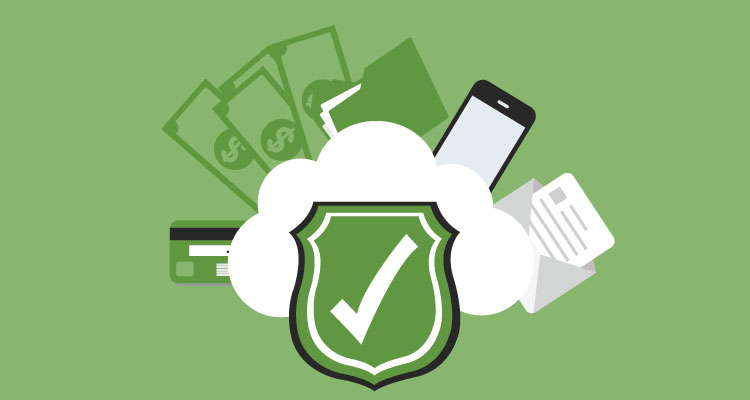One of the drawbacks to living in an interconnected world is the risk of fraud when accepting and making payments online. While this is a global concern, it’s particularly troubling here in the States.
Data from ACI Worldwide, 14 out of 17 countries studied experienced an increase in fraud. But, the U.S. was hit the hardest of all, with almost half of all consumers having been a victim of fraud.
This makes the U.S. the third-highest rate of fraud worldwide, and was the only country to remain in the top three from 2014 to 2016.
Additional research from the Nilson Report, October 2016 stated that in 2015 alone, the U.S. accounted for 38.7 percent of the worldwide payment card fraud losses, but only generated 22.9 percent of total volume. Furthermore, the annual 2017 Identity Fraud Study produced by Javelin Strategy & Research discovered that;
- In 2016, 6.15 percent of consumers became victims of identity fraud, which was an increase of more than 2 million victims from the previous year. This was a 16 percent increase from 2015.
- Card-not-present (CNP) fraud has risen by 40 percent.
- After reaching a low in 2014, account takeover bounced back and resulted in victims paying an average of $263 out of pocket costs and spending a total of 20.7 million hours to resolve it in 2016.
- Fraudsters are developing ways to become better at evading detection, with new-account fraud (NAF).
Why are fraud rates rising in the U.S.?
The ACI study points to two main issues:
- The U.S. is lagging behind in EMV adoption. In fact, only 2 percent of U.S. card-present transactions were EMV-compliant in 2015. There’s several factors why. For starters, small business owners don’t want to invest in a new terminal when their existing terminals work just fine. Additionally, merchants don’t have the proper software to accept chips and don’t find them convenient.
- E-Commerce is increasing and is projected to reach $632 billion by 2020. Between the growth of digital shopping, sharing personal information on social media, and increasing in-store security, fraudsters are focusing more on eCommerce sites and CNP fraud.
In short, since there’s an increase in electronic payment transactions, there’s going to be an increase in fraudulent activities.
What exactly is payment fraud and how can you prevent it?
Payment fraud specifically refers to:
- Any fraudulent or unauthorized transaction.
- Lost or stolen merchandise.
- False requests for a refund, return, or bounced checks.
There are multiple methods that fraudsters use when it comes to payment fraud. This includes, and not limited to:
- Phishing attacks where fraudsters steal personal information through a disguised entity.
- Identity theft where a cyber-criminal steals personal information in order to make unauthorized transactions.
- Pagejacking when traffic from an eCommerce site is rerouted to a different website that contain malicious materials.
- Hackers simply asking for a wire transfer by pretending to be someone else, such as an IRS agent.
- Merchants creating a fake merchant account or eCommerce site that looks legit.
Cyber-criminals have become savvy when it comes to obtaining sensitive information online by pretending to be a legit business or authority figure and contacting you via email, text message, or phone call.
They also look for any glitches or patches in network security systems to steal payment information.
In order to avoid payment fraud, you should take the following security measures:
- Be aware of the most common types of fraud so that you won’t get fooled by fraudsters.
- Update and monitor all of software, especially any antivirus software that you run.
- Only work with trusted and reputable third parties when sending or receiving payments.
- Encrypt all transactions that are transmitted online.
- Regularly change passwords and tokens.
- If you’re a merchant, do you due diligence by investing in a firewall, working with a processor that is PCI compliant, implementing 3D secure, and running velocity checks.
Payment fraud is expensive and time-consuming for both customers and business owners – and it’s not going to decrease anytime soon.
Being proactive by following the advice above is the first step in preventing fraud and staying ahead of cyber-criminals.















